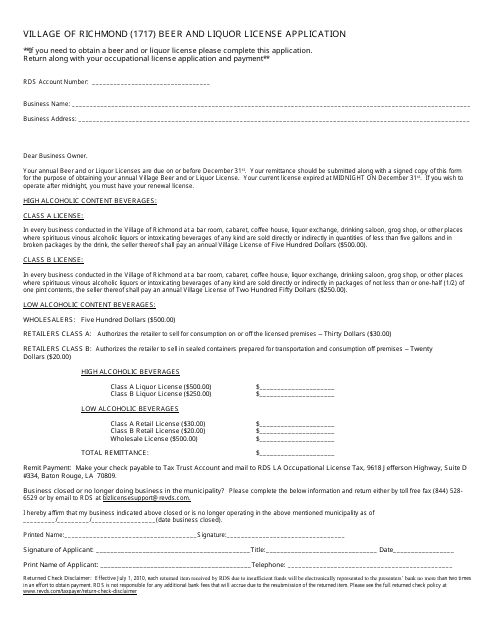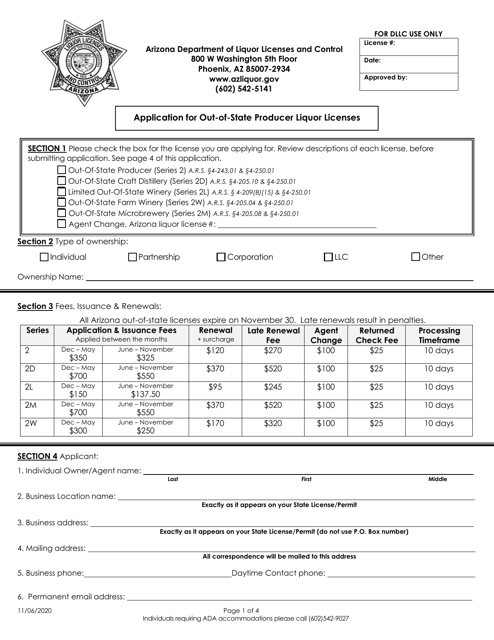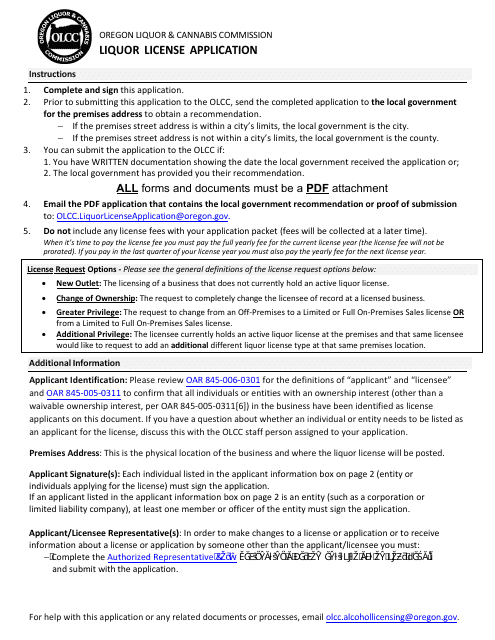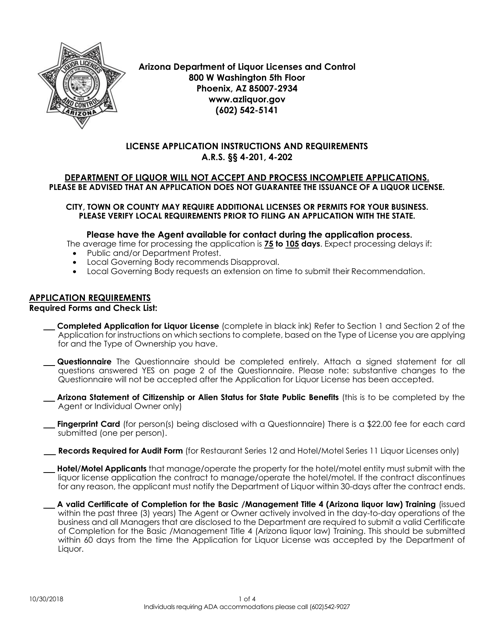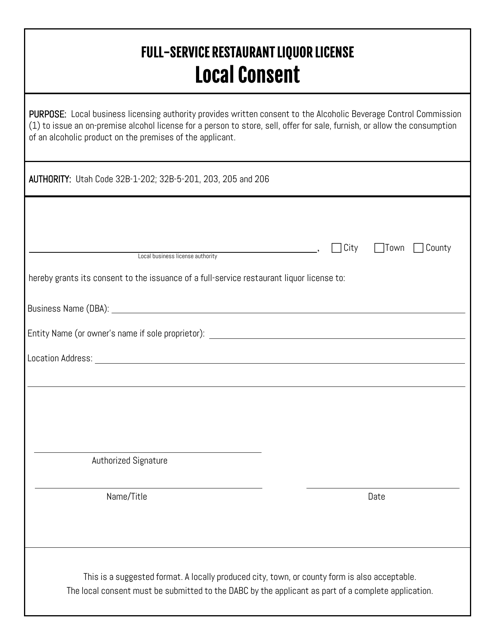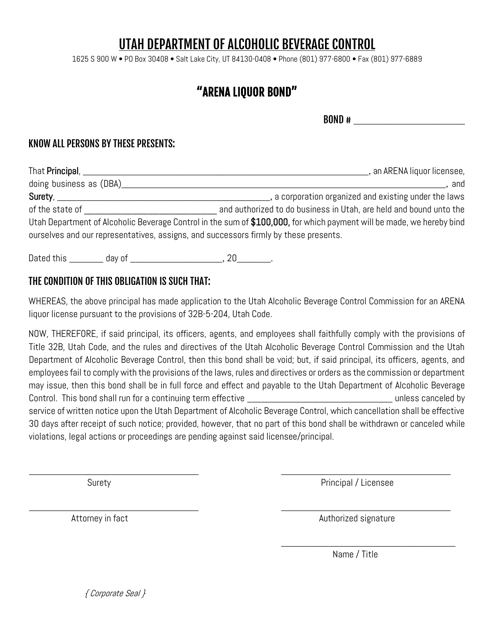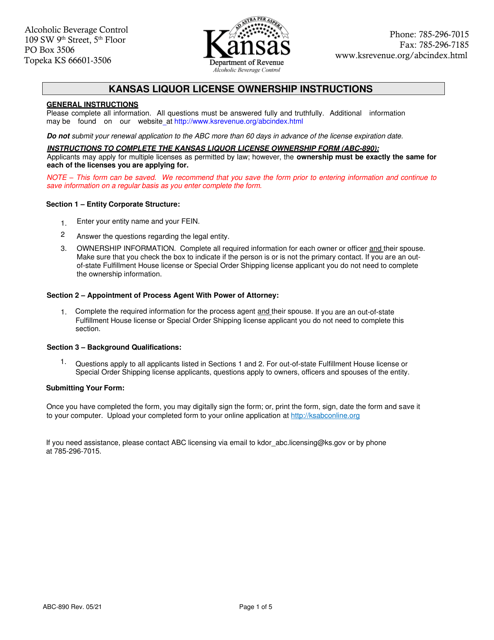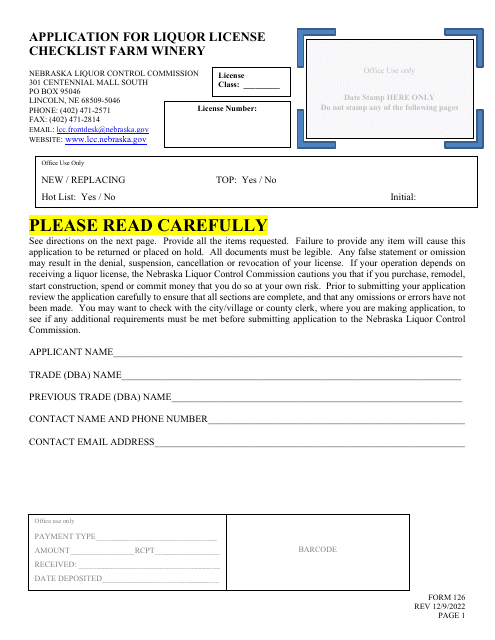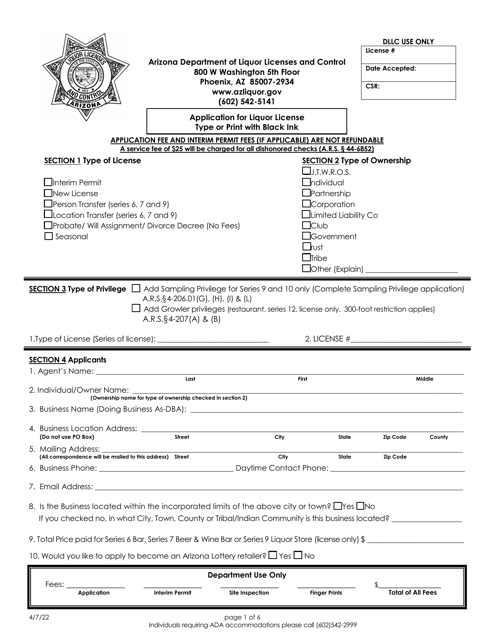Liquor License Requirements Templates
Are you planning to start a business in the liquor industry? Before you can legally sell beer, wine, or spirits, you will need to obtain a liquor license. Liquor license requirements, also known as liquor licensing requirements or the process of obtaining a liquor license, are an essential part of starting and operating a business in the alcohol industry.
Liquor license requirements can vary from state to state and even from city to city. Each region has its own set of regulations and paperwork that must be completed in order to obtain a license. Some states require a separate license for beer, wine, and spirits, while others have a single license that covers all types of alcohol sales. Whether you're opening a bar, restaurant, or retail store, understanding and fulfilling these requirements is crucial to staying compliant with the law.
Obtaining a liquor license involves completing and submitting various forms and applications specific to your location. These forms may include a beer and liquor license application, out-of-state producer liquor licenses application, liquor license application for a farm winery, and more. Each application has its own set of criteria that must be met, such as providing detailed information about your business, the type of alcohol you intend to sell, and your personal background.
Navigating the liquor license application process can be complex and time-consuming. It's important to be diligent and thorough when completing the necessary paperwork to avoid delays or potential denial of your application. Additionally, it's essential to be aware of any zoning restrictions or local ordinances that may affect your ability to obtain a liquor license.
If you're unsure about the liquor license requirements for your jurisdiction or need assistance with the application process, it's advisable to consult with a legal professional or specialized consultant who can provide guidance and support. They can help ensure that you understand the specific requirements and paperwork necessary for your particular situation and increase your chances of obtaining a liquor license successfully.
In summary, liquor license requirements are a vital aspect of starting and running a business in the alcohol industry. Whether you're applying for a beer and liquor license, an out-of-state producer license, or any other type of liquor license, it's crucial to familiarize yourself with the specific requirements in your jurisdiction and complete the necessary paperwork accurately and thoroughly. By doing so, you can obtain the necessary licenses and permits to legally sell alcohol and operate your business in compliance with the law.
Documents:
12
This form is used for applying for a beer and liquor license in the Village of Richmond, Louisiana.
This type of document provides instructions on completing the application process for obtaining a liquor license in Arizona.
This type of document is required in Utah for full-service restaurants to obtain a liquor license and requires the local consent.
This document is a form used in Utah for obtaining a liquor bond for an arena. This type of bond is required for businesses that sell liquor in an arena setting, ensuring compliance with state regulations.
This form is used for applying for a liquor license ownership in the state of Kansas. It is required for individuals or businesses who want to own and operate a liquor establishment in Kansas.

